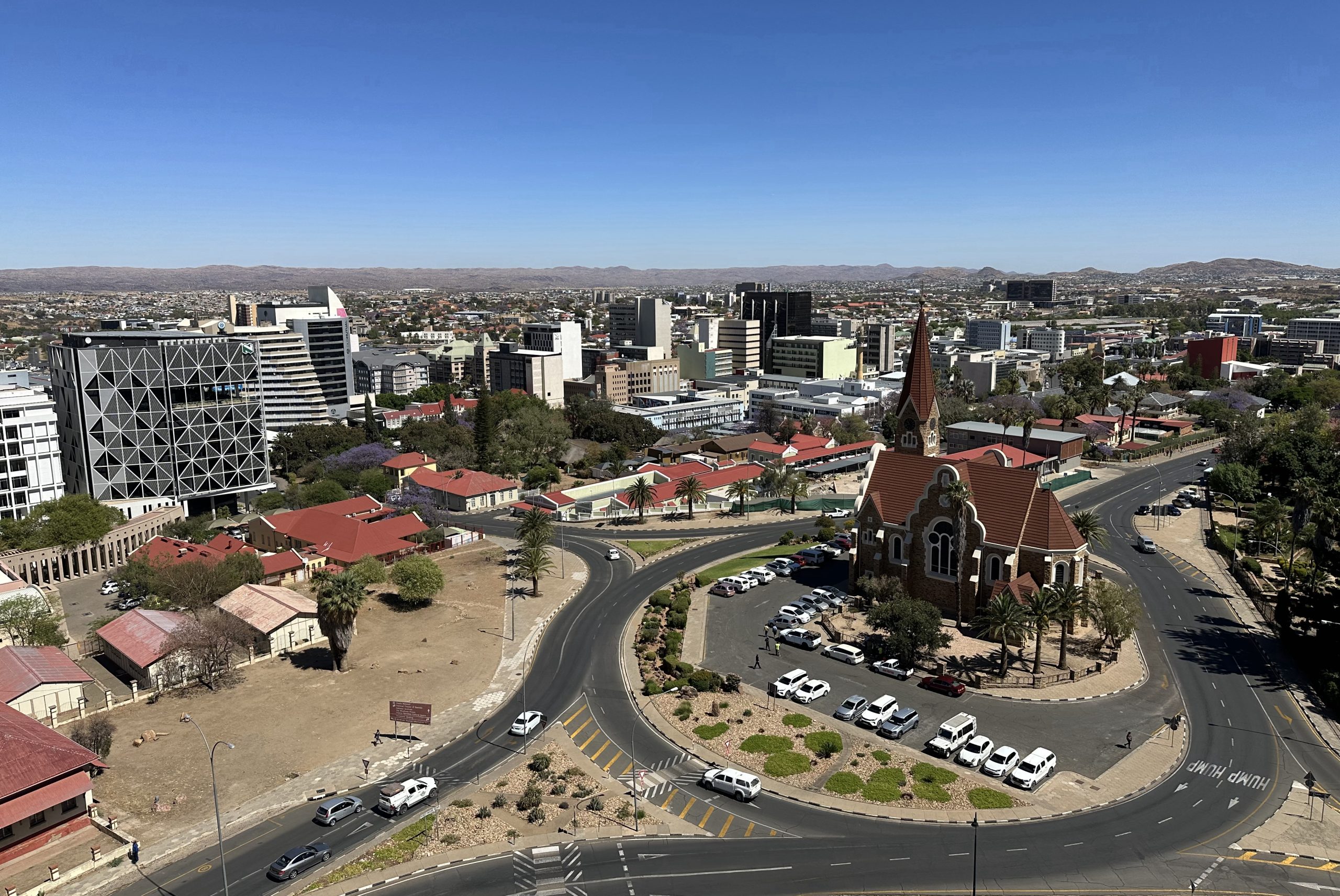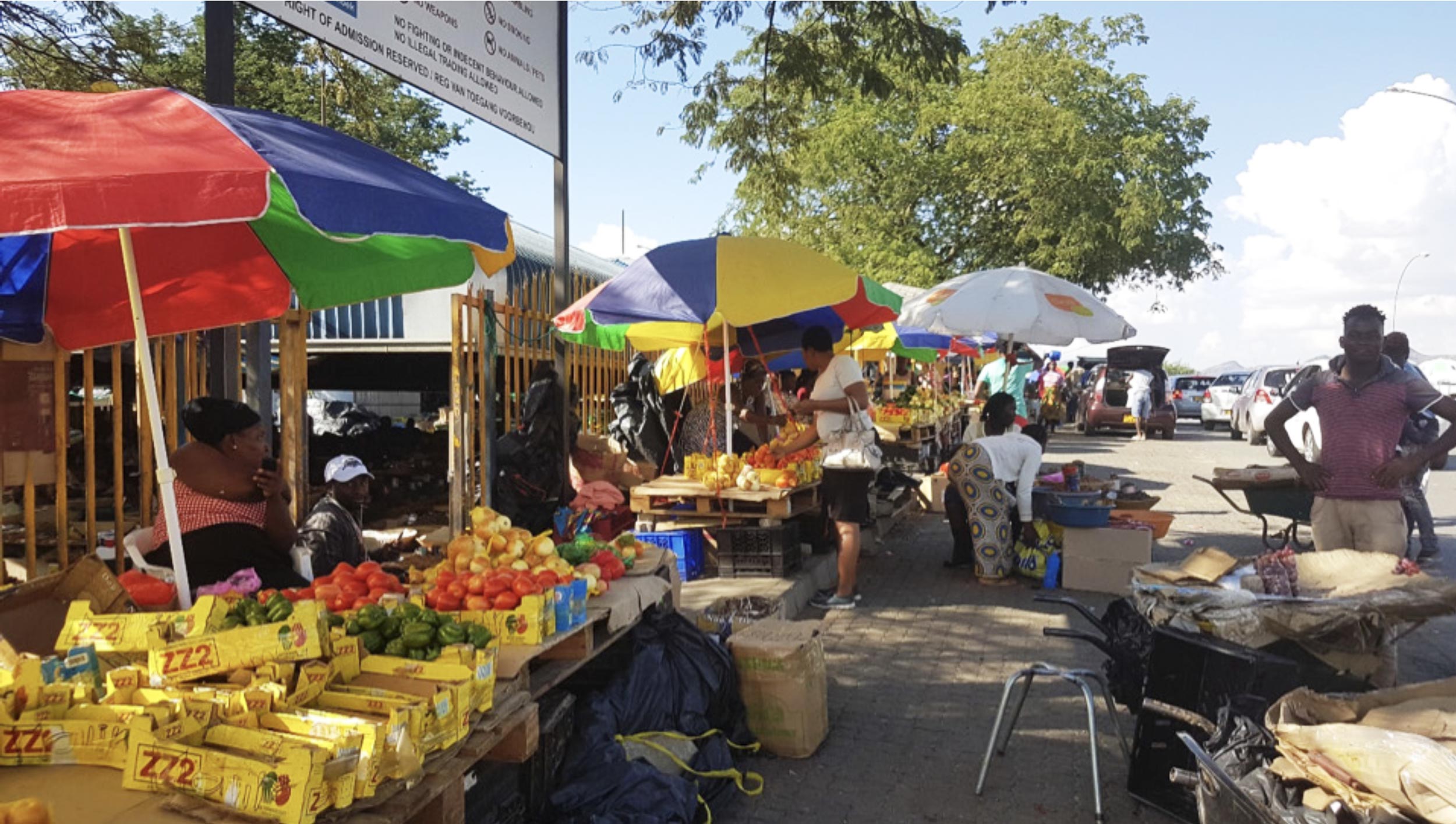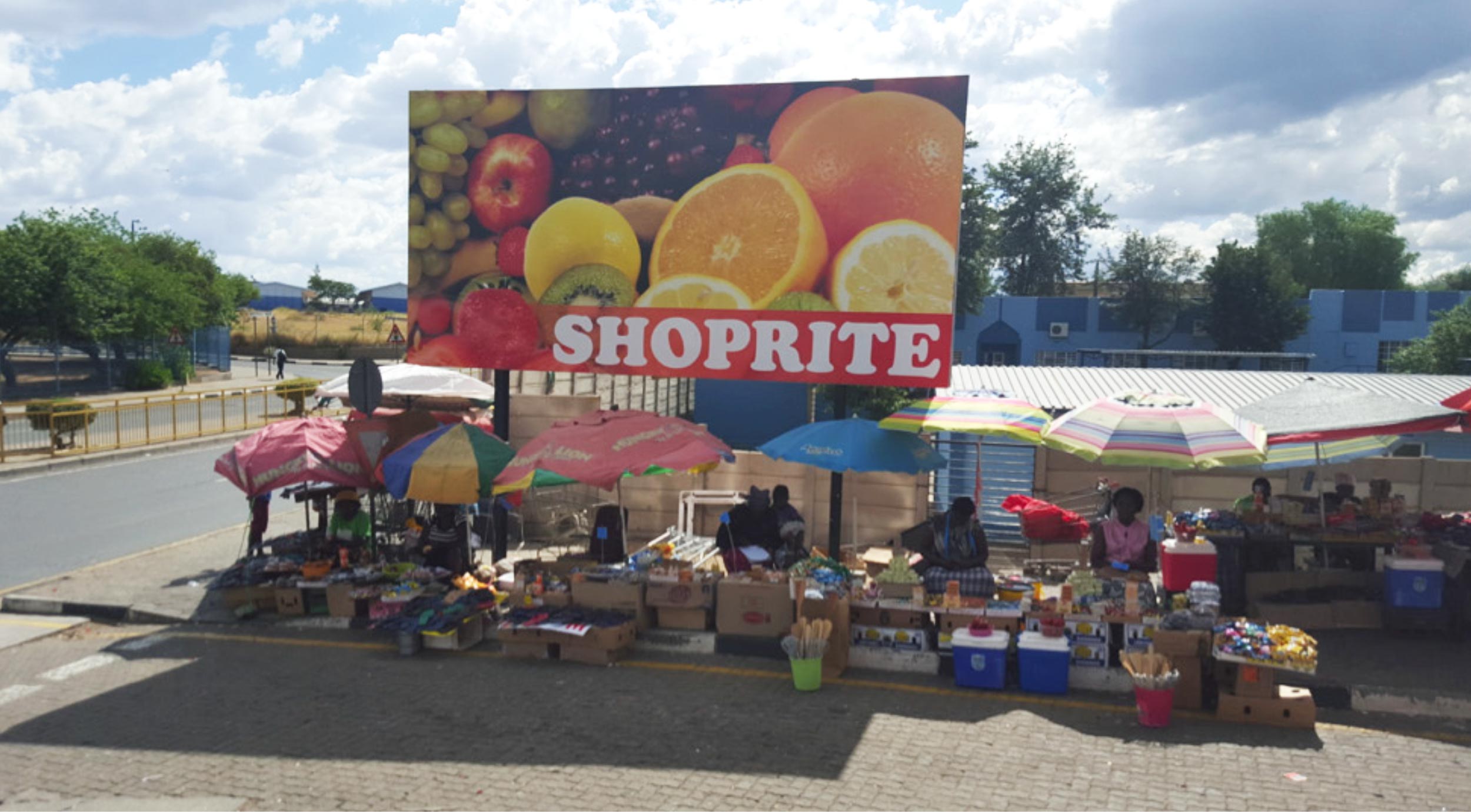WINDHOEK, NAMIBIA
Windhoek, situated in the highlands of Central Namibia, is characterised by its natural beauty and cultural diversity. The city is home to several significant landmarks, including the Heroes’ Acre War memorial and the Independence Memorial Museum, housed in a hilltop building in the city centre, showcasing the city's historical heritage. Windhoek boasts both modern and historic urban landscapes that are visible in the central, southern, and eastern areas. The city serves as a significant economic and tourism hub in Namibia, with a population of 494,605. However, it also faces socio-economic challenges, such as inequality and the proliferation of informal settlements.
Windhoek's food system is vibrant, despite the rapid expansion of supermarkets in the city over the past few decades. Local and informal food sources remain prevalent, and rural-to-urban food transfers and food retailers continue to play a role in the city's urban food system. However, rising inequality poses a challenge to Windhoek municipalities in terms of reducing the spread of food insecurity among city residents.



